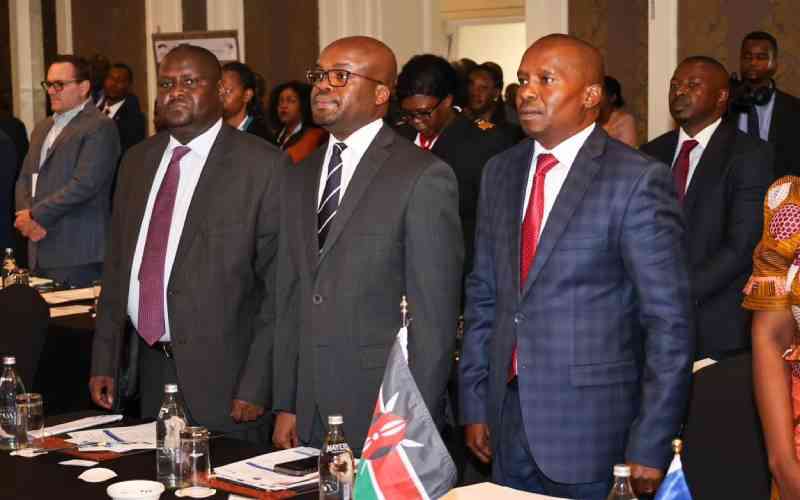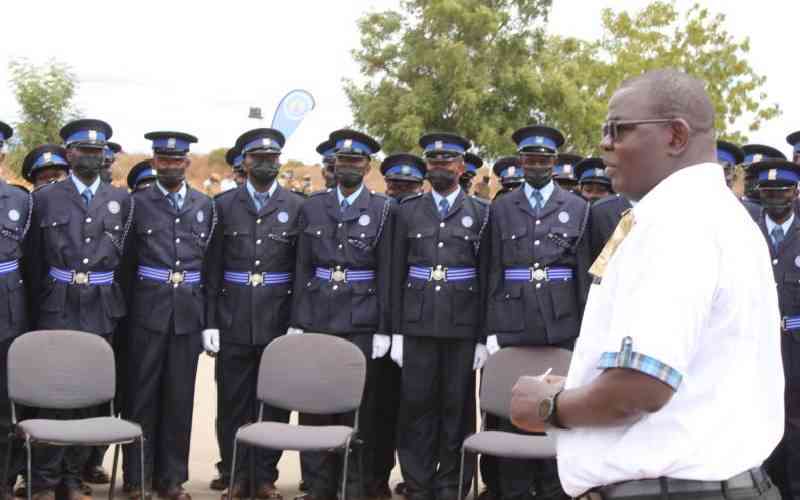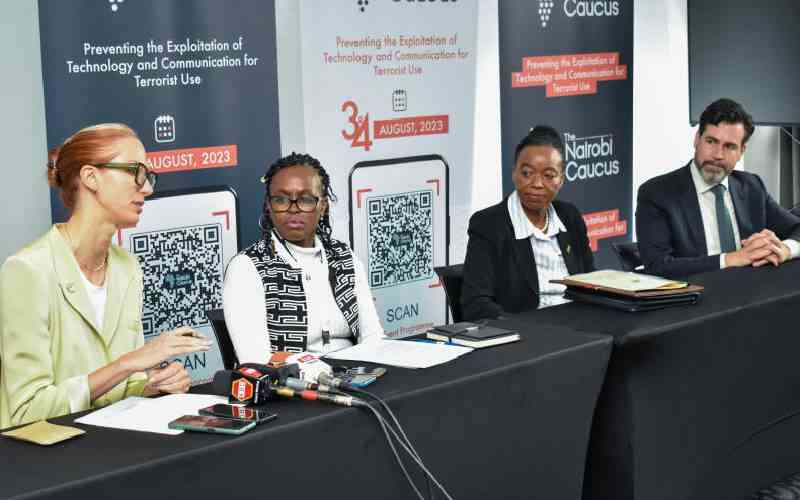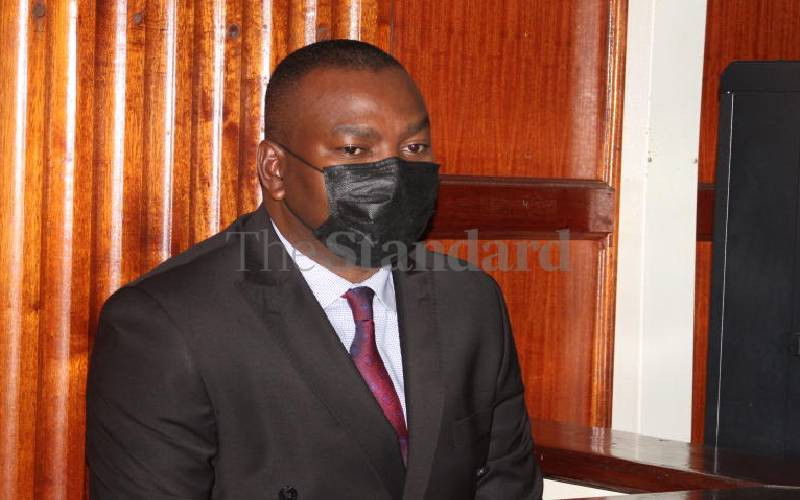By Henry Munene
The fight against terrorism has been the top news item in the country recently. This was expected, coming as it did after more than 150 people were killed in terror-related incidents in a span of a few weeks. Now the police have launched a major operation, ostensibly to flush out illegal immigrants, even as many accuse them of harassment and corruption.
We also have to apply afresh for national identity cards, among a raft of other measures to rest this grotesque ghost that has risen from the ashes of the 2011 Operation Linda Nchi in Somalia.
Human rights activists are back, terming the police swoop as ethnic profiling. The Government has also come under scathing attack for using the wrong method to fight terror, even though no one is telling us the ‘right’ method. First, I agree the clueless fishing expeditions where police round up people may act as propaganda fodder for youth radicalisation. Again, brutal measures may keep people away from sharing useful information.
I must state from the outset that I do not boast any knowledge on anti-terrorism - nothing outside novels by writers such as Tom Clancy and Robert Ludlum. I read so many of these in my youth I used to walk around the village with the mannerisms of the most slippery undercover agent.
Fiction aside, there seems to be a terrifying missing link between intelligence gathering and the fight against crime. In quite a few incidents, it has turned out that intelligence had been shared about impeding terror activities, yet they were actualised anyway, and with appalling ease!
Take the bombs-laden Landcruiser that was parked outside a Coast police station for a whole stomach-churning week. It turned out the intelligence officers had followed the vehicle for months from Somalia, throughout its journey by road to the Coast.
Why did it take a whole week for the police, who had impounded it for lack of proper documents, to know it was rigged with a cache of dangerous explosives? When the news filtered in, I felt for the police, and understood why even in the movies and terror novels, it is the intelligence guys who are on top of things, with the police and the Press - God bless us - always playing catch-up.
I imagined a call coming through to the Coast station commander: “Boss, you see the Landcruiser that has been parked outside your station for one week?”
“Yes, the one that had fake papers?” “Fake papers, my foot! It has two huge bombs that can bring down two stations like yours!”
It reminds you of the old story where a woman was terrified of walking along a village path where a man had allegedly been spotted with hooves instead of legs. So one evening, she snuggled up to a stranger. “Please let me walk with you. I hear a man was spotted around here with hooves in lieu of legs,” she said. “Oh, you mean he had hooves like these?” the man said, showing his muddy legs, sorry, hooves.
Myths aside, I think as much as we must respect human rights and avoid ethnic profiling, we must admit a few facts. The heart of Al Shabaab is Somalia, where most inhabitants are ethnic Somalis. It is extremely escapist to ignore that fact, even though many non-somalis have been indoctrinated into this extremist madness. To avoid victimising non-criminals, we must strengthen intelligence gathering and go for specific people whom we have reason to believe have links with terror.
Again, we must ask ourselves a few hard questions. Did we water down our intelligence agency by converting it to a civilian outfit whose only mandate is carrying out mundane research as the underworld crawls with armed mad men who have no qualms lodging a bullet in a young boy’s skull, long before the latter is old enough to tell religion from his toys?
And do we honestly think a crackpot driving a vehicle with two huge bombs would drive to an airport – God forbid – to preach human rights?
While we must respect the law and human rights, we must ask ourselves why we vanish into thin air when 50 policemen are killed in Baragoi. It is a balancing act where all must cede some ground for this war to be won.
Stay informed. Subscribe to our newsletter
 The Standard Group Plc is a
multi-media organization with investments in media platforms spanning newspaper
print operations, television, radio broadcasting, digital and online services. The
Standard Group is recognized as a leading multi-media house in Kenya with a key
influence in matters of national and international interest.
The Standard Group Plc is a
multi-media organization with investments in media platforms spanning newspaper
print operations, television, radio broadcasting, digital and online services. The
Standard Group is recognized as a leading multi-media house in Kenya with a key
influence in matters of national and international interest.
 The Standard Group Plc is a
multi-media organization with investments in media platforms spanning newspaper
print operations, television, radio broadcasting, digital and online services. The
Standard Group is recognized as a leading multi-media house in Kenya with a key
influence in matters of national and international interest.
The Standard Group Plc is a
multi-media organization with investments in media platforms spanning newspaper
print operations, television, radio broadcasting, digital and online services. The
Standard Group is recognized as a leading multi-media house in Kenya with a key
influence in matters of national and international interest.








